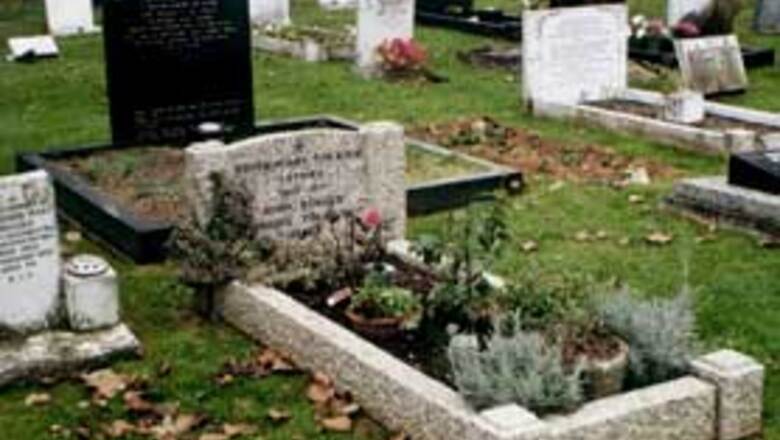
views
Mahatsara (Madagascar): For as far back as their collective memory stretches, the Merina people of highland Madagascar have been exhuming the corpses of their dead relatives in a ceremony of reverence for their ancestors.
After prising open the entrances to their magnificent stone-walled tombs, they remove the bodies of their loved ones and wrap them in a fresh burial shroud in a ritual called the famadihana - the "turning of the dead".
Respect for ancestors and beliefs that their souls still influence the world of the living are paramount on the vast Indian Ocean island ? but those who don't share this view have decided to make themselves heard.
At a famadihana in Mahatsara village, 80 km from the capital Antananarivo, 200 people turn up to pay their respects on a near-freezing winter morning, unaware the ceremony will shortly be upset.
"The ritual is always done in winter," said Jahnahary Lahy, 22. "Winter is when the ancestors need rewrapping to protect them from cold."
After feasting on roasted pork and beef, mountains of rice and fiery local rum in plastic cups, the guests head for the ancestral tomb.
Colourfully clad musicians play mesmerising tunes on the flute as the villagers wind up through the steep, eucalyptus-covered hillsides towards the burial site.
Perched on the tomb in a hilltop clearing, village elders open the ceremony with long speeches in deference to the ancestors.
Then the dead-turning begins. Semi-mummified bodies in tatty shrouds are removed from the tomb one by one as groups of villagers take turns to wrap them in fresh white sheets.
Once wrapped, a man pens the name of the ancestor in blue ink on the sheet.
But the mood suddenly changes as one man stands up, clutching a black, leather Bible.
"The ancestors don't exist," he shouts. "You have to forget about ancestors and think about Jesus Christ. He is your true saviour, not these ancestral spirits."
Mouths drop open with shock and disappointed villagers start muttering under their breath at the interference of the Christian priest, invited to the ceremony by a Christian relative who is sceptical of the whole ritual.
"The organisers are Christian extremists from the town," said one guest, Hery Andrianarivelo, 21. "It's because they had money to pay for this event. They're using it to (try to) change our beliefs."












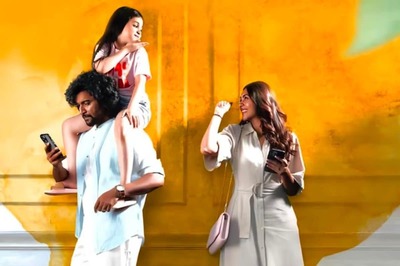

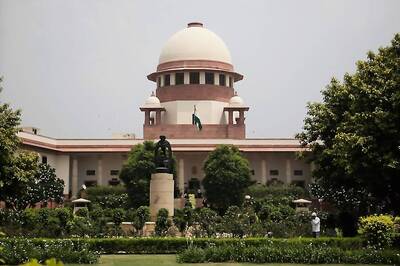

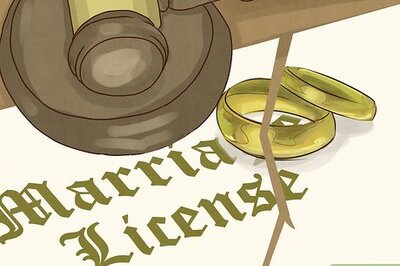

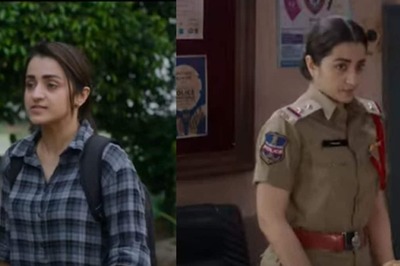
Comments
0 comment